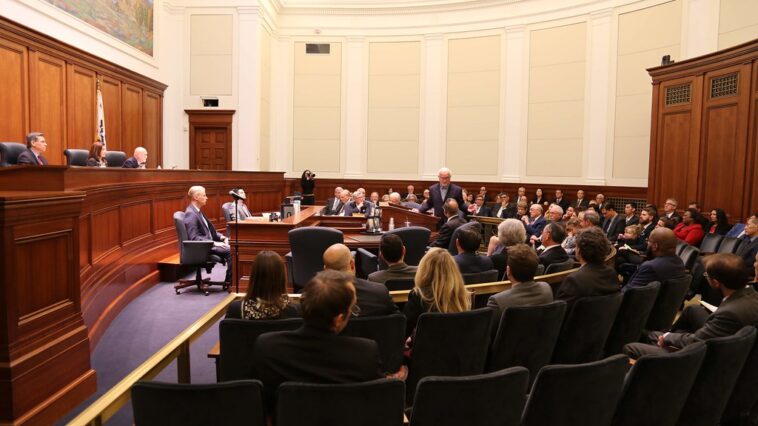
The Importance of Access to Justice and Legal Aid
Access to justice is a fundamental right of every individual. However, this right is not equally available to all. The cost of legal services is often beyond the financial means of many individuals.
The Role of Legal Aid in Access to Justice
Legal aid is a critical component of access to justice as it helps to improve the availability and affordability of legal services for individuals who cannot afford them. Legal aid ensures that vulnerable groups such as low-income families, immigrants, and the disabled have access to legal services.
However, legal aid programs across the world face significant challenges. Inadequate government funding, stringent eligibility criteria, and the lack of awareness about legal aid programs are some of the reasons that limit the scope and access of legal aid.
Inadequate Government Funding
Legal aid programs rely heavily on government funding to operate effectively. However, many governments around the world provide inadequate funding for legal aid programs. The limited funding means that legal aid programs cannot offer services to everyone who needs them, leaving many without access to justice.
Furthermore, inadequate funding translates into low salaries for legal aid lawyers. This results in a high turnover rate, which leads to a loss of expertise and experience in the field.
Stringent Eligibility Criteria
The eligibility criteria for legal aid programs are often too stringent, which limits access to these programs. Eligibility is often based on income, which means that many people who are just above the poverty line do not qualify for legal aid. This makes it difficult for middle-class families to access legal aid when they need it.
In addition, people who do not speak the official language of the country are often excluded from legal aid, which can be a significant barrier to accessing justice.
Lack of Awareness About Legal Aid Programs
Many people are not aware of legal aid programs and how they can benefit from them. This makes it difficult for legal aid programs to reach those who need them the most. Lack of awareness also leads to a lack of trust in legal aid programs, which further limits the reach of these programs.
The Importance of Improving Access to Legal Aid
Improving access to legal aid is essential for ensuring that everyone has access to justice. Legal aid can help to reduce inequality, promote social justice, and protect individual rights.
Promoting Social Justice
Legal aid can promote social justice by ensuring that everyone has equal access to legal services, regardless of their income level. This helps to reduce inequality by providing legal assistance to vulnerable and marginalized groups such as the disabled, elderly, and low-income families.
Protecting Individual Rights
Legal aid programs can protect individual rights by ensuring that everyone has access to justice. Legal aid can provide individuals with legal representation and advice, which can help them to assert their rights and seek redress for injustices.
Reducing Court Backlogs
Legal aid can reduce court backlogs by resolving disputes outside the court system. Alternative dispute resolution methods such as mediation can help to resolve disputes without the need for lengthy court proceedings. This can help to reduce court backlogs and ensure that justice is delivered more efficiently.
The Way Forward
To improve access to justice, governments must prioritize funding for legal aid programs. Governments must also review eligibility criteria for legal aid programs and make them more accessible to those who need them the most.
There is also a need for increased awareness about legal aid programs. Governments must invest in public education and awareness campaigns to inform individuals about legal aid and how they can access these programs when needed.
Finally, legal aid programs must adapt to changing times and embrace new technologies to improve the delivery of legal services. There is a need for legal aid clinics to leverage technology to offer remote services, which can help to improve access to legal services for many people.
Conclusion
Access to justice is a fundamental right that must be equally available to all. Legal aid is a critical component of access to justice and can help to promote social justice, protect individual rights, and reduce court backlogs. However, inadequate funding, stringent eligibility criteria, and lack of awareness limit the reach and impact of legal aid programs.
In conclusion, governments must prioritize funding for legal aid programs, review eligibility criteria, and invest in public education and awareness campaigns to ensure that everyone has access to justice.
Originally Post From https://www.usnews.com/news/national-news/articles/2024-02-08/supreme-court-fixated-on-daunting-consequences-of-disqualifying-trump
Read more about this topic at
Corporate scandal: The Triggering Event That Unveils a …
Corporate Scandals: Exposing the Dark Side of Spring …


